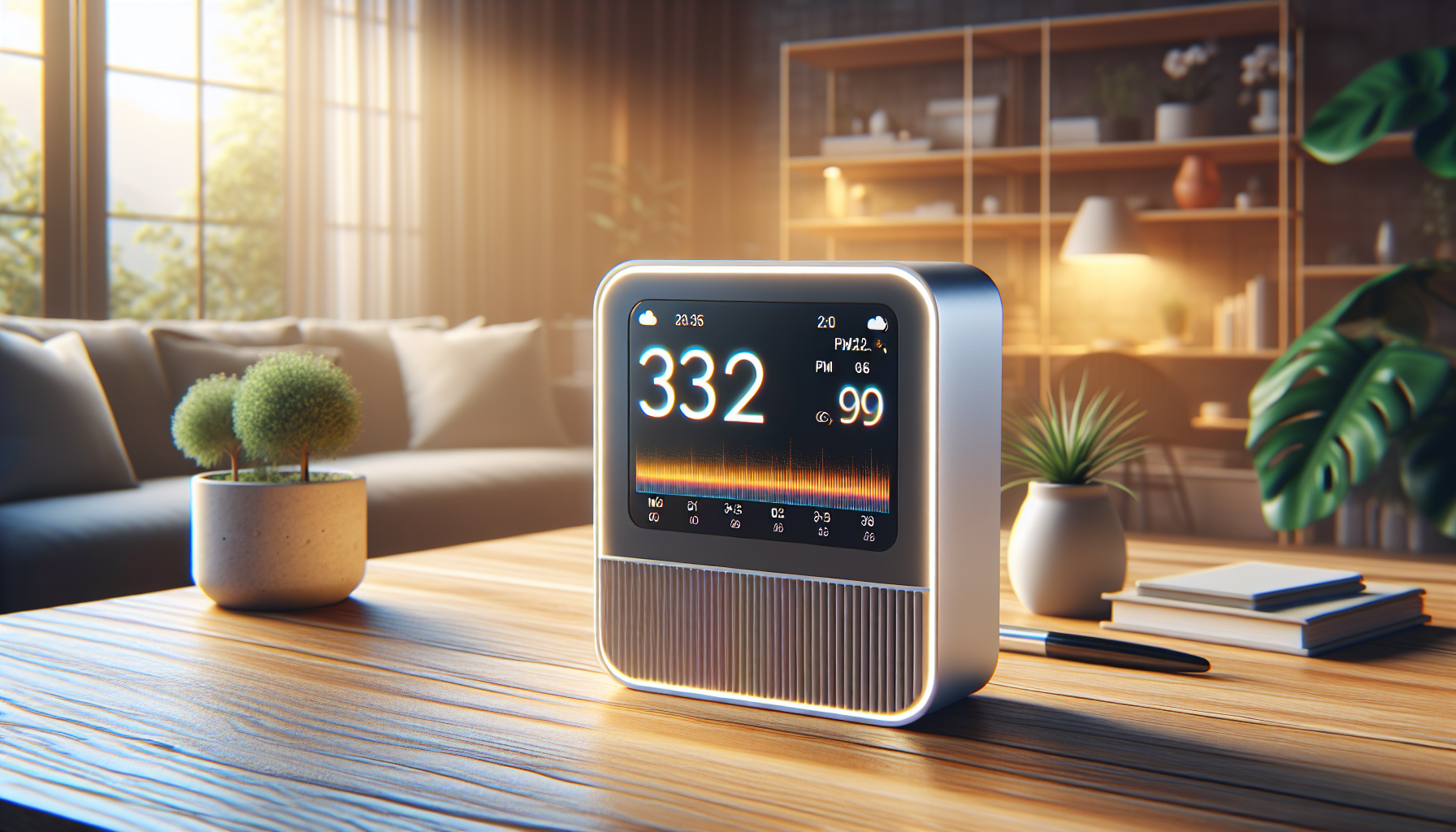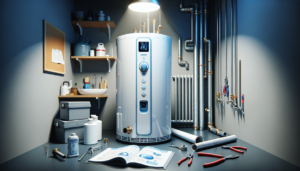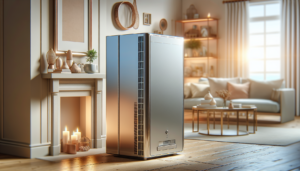Have you ever wondered what the air you breathe really contains?
You might think that air is just invisible, but it carries tiny things that can help or hurt your health. Keeping track of the air quality around you is super important. Just like how we wear helmets while riding a bike to stay safe, monitoring the air helps us know if it’s safe to breathe or if something needs to change.
Table of Contents
ToggleWhat is Air Quality?
Air quality refers to how clean or dirty the air is. Clean air is good for your health. Dirty air can cause problems in your lungs and make you feel sick. Think of clean air as a nice, fresh apple and dirty air as a moldy one. You’d always want the good apples, right?
Why Should We Care About Air Quality?
Air quality affects everyone. It matters because you breathe in air every day. Poor air quality can lead to health problems like asthma, allergies, and coughing. Just like you wouldn’t want to eat rotten food, you don’t want to breathe in unhealthy air. Clean air helps us feel good, stay active, and play outside without worrying.
How Do We Measure Air Quality?
Scientists use special tools to measure air quality. These tools can check for harmful particles, gases, and other things in the air. When they find something bad in the air, they tell people so everyone can stay safe.
Common Tools for Air Quality Monitoring
Here are some tools that help measure air quality:
- Air Quality Monitors: Small devices that can sit on your desk or even be carried around. They can tell you about the quality of the air right where you are.
- Mobile Apps: These apps can use data from nearby monitors to share air quality updates on your phone.
- Government Stations: Cities have big stations that check the air and share information with everyone.
Knowing about these tools helps you understand what’s in the air and why it matters.
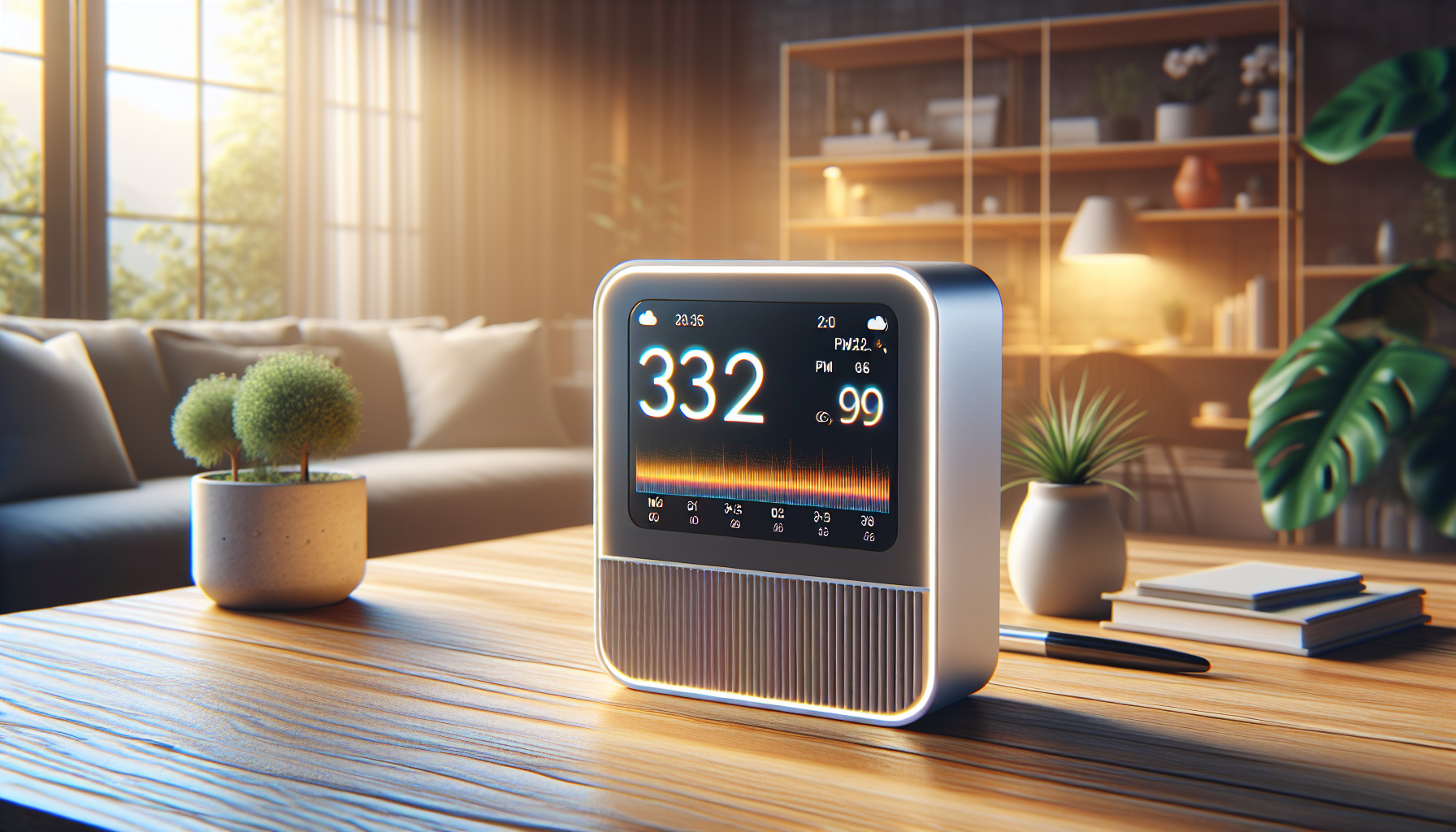
What are Common Air Pollutants?
Air can have various pollutants, which are harmful substances. Here are some common ones you should know:
1. Particulate Matter (PM)
Particulate matter includes tiny bits of dust, dirt, and smoke that float in the air. You can think of them as tiny invisible villains that can make you cough or have trouble breathing.
2. Nitrogen Dioxide (NO2)
This gas comes from cars, trucks, and power plants. Breathing in too much nitrogen dioxide can make your lungs feel tired, just like when you run too fast and get out of breath.
3. Ozone (O3)
Ozone is another pollutant that forms when sunlight hits certain chemicals in the air. It’s okay to have ozone high up in the sky, but close to the ground, it can irritate your lungs and eyes. That’s why on hot days, it’s important to check the air quality before playing outside.
4. Volatile Organic Compounds (VOCs)
VOCs are chemicals found in paints, cleaners, and some fuels. They can easily evaporate and mix with air. Some of these can make you feel dizzy or cause headaches if you breathe them in for too long.
5. Carbon Monoxide (CO)
Carbon monoxide comes from burning fuels like gas or wood. It’s very dangerous because it’s hard to smell, and breathing it can make you feel very sick. Always be careful around heaters and stoves!
How Does Poor Air Quality Affect Health?
Poor air quality can have different effects on health, especially for kids, elderly people, or those with health issues. Some effects include:
Respiratory Issues
Breathing in bad air can cause problems like coughing, wheezing, and asthma attacks. Imagine trying to run a race while getting poked in the chest—it makes it super hard to breathe!
Heart Problems
If dirty air stays in your lungs too long, it can even reach your heart. This can make your heart work harder, which is not good.
Allergies
Some air pollutants can make allergies worse. Do you ever sneeze a lot in spring? That’s because the air can carry pollen and other allergens that make you feel itchy.
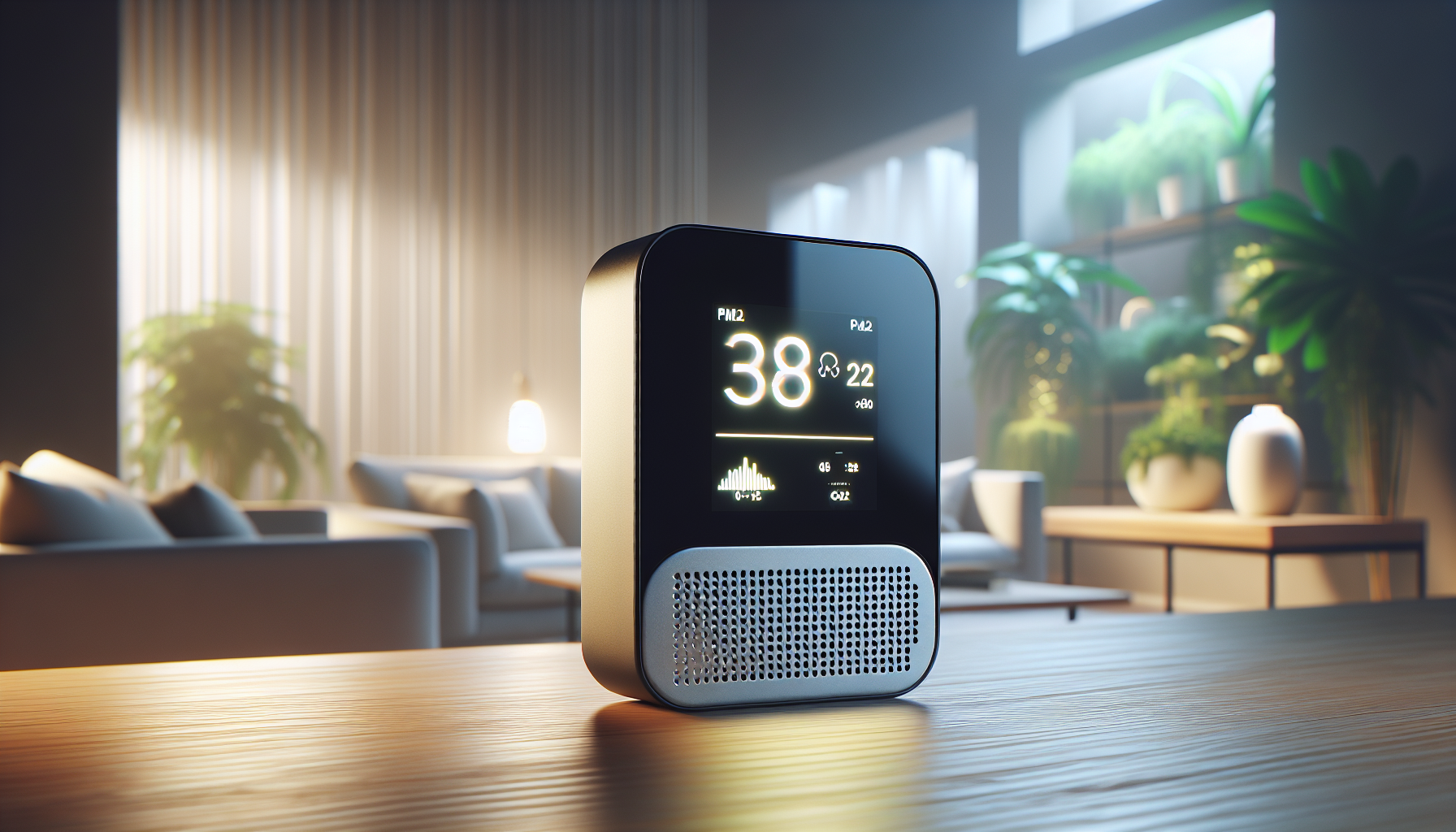
Ways to Improve Air Quality
Just like we can clean our rooms to make them nice and tidy, there are ways to clean our air, too! You can help improve air quality both indoors and outdoors.
Tips for Indoor Air Quality
- Ventilation: Keep windows open to let fresh air in. This helps clear out bad air.
- Houseplants: Plants like snake plants and peace lilies can help brighten up your space and clean the air.
- Avoid Smoking: Smoke can really pollute the air inside your home. Choose to keep smoke outside!
Tips for Outdoor Air Quality
- Use Public Transport: Instead of cars, using buses or bikes can help cut down on air pollution.
- Plant Trees: Trees help clean the air and provide shade. You can start a small planting project in your backyard or community.
- Reduce Waste: Try to recycle and use less plastic. Fewer landfills means better air quality!
How Can Air Quality Monitoring Help You?
Monitoring the air quality will help keep you and your family safe. You can check if the air is healthy before going outside to play or do activities. Here’s how:
Stay Informed
Having access to air quality information allows you to know when the air is good or bad. Imagine you’re planning a day at the park, and knowing that the air is clean helps you feel good about your plan.
Make Smart Choices
When you have air quality data, it helps you decide what to do each day. If you see that the air is bad, you can choose to stay indoors and play games or do crafts instead.
Protect Your Health
Knowing about the air can help you take care of yourself. If you have asthma, you can use your air quality monitor to know when you might need to stay inside or use your inhaler.
KadeCo Inc. Can Help You Manage Air Quality
To keep good air quality, sometimes you need help from experts. KadeCo Inc. is here to help with all your heating, ventilation, and air conditioning (HVAC) needs.
Why Choose KadeCo Inc.?
- Experience: KadeCo Inc. was started by Kade Youmans, who has over 20 years of experience. This means he knows a lot about keeping air clean and systems running well.
- Honesty: At KadeCo, they believe in treating customers the right way. You won’t get unwanted surprises or high prices—they just want to help you.
- Quality Work: KadeCo promises to do the best job possible so that you can feel confident in the air that you breathe.
Contact KadeCo Inc.
If you want to check on your HVAC system or get air quality solutions, reach out to KadeCo Inc. Their number is (850) 516-7552, and they are located at 209 Brandywine Rd, Pensacola, FL 32507. They can help you ensure your home’s air is fresh and clean.
Conclusion
Understanding air quality is like being a superhero for your health. You can help keep the air clean by using monitoring tools and making smart choices at home and outside. Remember, clean air is good air, and it’s something you want to enjoy every day. When in doubt, don’t forget to reach out to experts like KadeCo Inc. to help you breathe easy and stay healthy!
Keeping yourself and your family safe from bad air is a team effort. Get informed, take action, and breathe easier knowing you’re doing your part!


